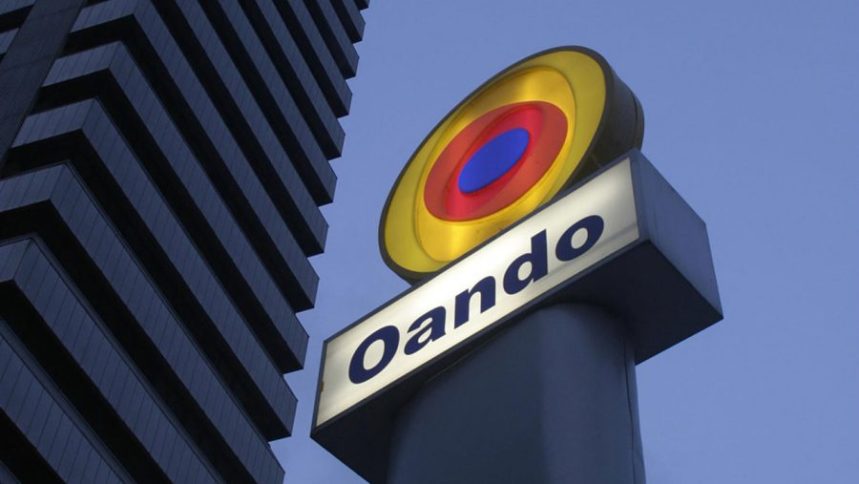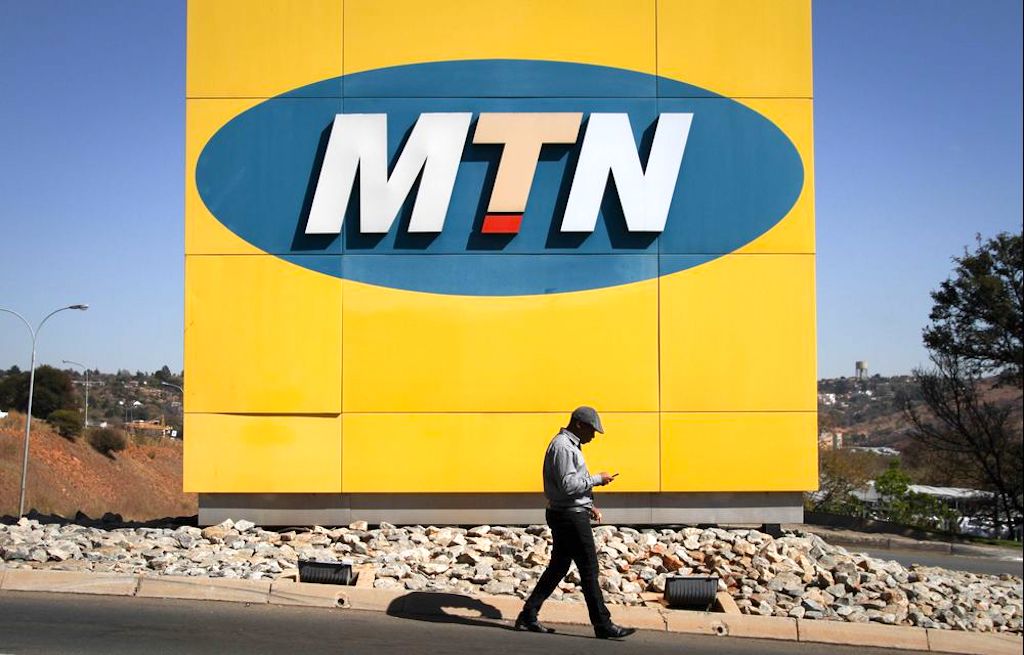Peter Uzoho
Depot and Petroleum Products Marketers Association of Nigeria (DAPPMAN) has cautioned the federal government against continuing with the naira-for-crude transaction framework in the interest of the country’s economy.
DAPPMAN warned that the policy presented significant risks that could affect the country’s foreign exchange (FX) stability and deter foreign direct investments (FDIs).
Executive Secretary of DAPPMAN, Mr. Olufemi Adewole, raised the concerns in a statement issued yesterday.
The naira-for-crude policy was launched in October 2024 by the federal government after extensive talks with the Nigerian National Petroleum Company Limited (NNPC) and local oil refiners led by Dangote Refinery.
The idea was to make crude oil available to local refineries in naira to boost in-country refining capacity and reduce the huge foreign exchange spent on importing petrol for local consumption.
However, after the first year of implementation of the naira-for-crude policy, NNPC and local refiners had not been able to reach an agreement on continuation of the deal.
The situation prompted Dangote Refinery to temporarily suspend the sale of its petrol to local marketers in naira, citing a mismatch between its sales proceeds and crude oil purchase obligations.
Adewole highlighted the dangers of the policy over the volatility of the naira, emphasising that crude oil transactions are traditionally carried out in United States dollars due to its stability and global acceptability.
Adewole cautioned that failure to align with the international standard could isolate Nigeria from global markets, diminishing trade opportunities and discouraging investment inflows.
“The global oil market operates in U.S. dollars due to its stability. Continuing the policy could alienate trade partners and investors who rely on the predictability of the dollar,” he stated.
Adewole pointed out the effect of the policy on Nigeria’s competitiveness and economic growth, stressing that there is a need for policies that recognise the unique nature of the oil and gas sector to ensure sustained national competitiveness.
He stated that reactionary policies often created skewed economic benefits that primarily favoured select industry players rather than the broader economy.
Citing the historical instability of the naira due to inflationary pressures and fluctuating exchange rates, Adewole asserted that tying crude oil transactions to the naira could exacerbate the challenges.
He stated, “The naira has experienced significant fluctuations over the years, driven by inflation and exchange rate instability. If crude oil transactions are linked to the naira, these issues will only worsen, potentially triggering capital flight and causing foreign investors to seek alternative markets.
“This would negatively impact Nigeria’s economic growth, the sustainability of the sector, and the efficiency of the oil and gas value chain.”
Adewole further warned that naira-for-crude transactions could place an unsustainable burden on Nigeria’s foreign exchange reserves.
He argued that the Central Bank of Nigeria (CBN) might struggle to maintain currency stability amid insufficient dollar inflows, leading to additional economic strain.
According to him, “It is almost inevitable that implementing this policy could further deplete Nigeria’s foreign exchange reserves. The CBN may find it increasingly difficult to stabilise the naira due to inadequate dollar inflows. Given that oil transactions have historically been a primary source of foreign exchange, disrupting this mechanism will likely intensify economic pressures.”
While proponents of the policy argue that naira-for-crude transactions could enhance economic sovereignty and strengthen the local currency, Adewole emphasised that policy decisions must prioritise sustainable economic impact.
He stated, “DAPPMAN supports all efforts and policies aimed at strengthening the naira. However, these strategies must be capable of driving major economic reforms that address the underlying causes of the naira’s weakness.
“Nigeria must strike a balance between national interests and global market realities. Economic policies are most effective when they are not shaped by sector-specific demands but rather by long-term economic sustainability.”
Adewole made reference to Venezuela’s unsuccessful attempt in the early 2000s to replace the U.S. dollar with its local currency in oil transactions, which contributed to severe economic destabilisation.
He stressed, “Nigeria needs to tread cautiously and learn from historical precedents. Policies that disrupt established international trade norms without adequate safeguards can have unintended consequences.
“We must ensure that our policies are designed to maximise benefits for all Nigerians.”
Adewole said DAPPMAN remained committed to working with regulators and other stakeholders to promote efficiency and seamless access to “reliable, safe, and world-class solutions” in the downstream sector. He reiterated the need for policies that aligned with international market realities while ensuring long-term economic stability for Nigeria.
He said, “The future of Nigeria’s oil and gas sector depends on pragmatic policies that facilitate investment, encourage transparent competitiveness, and protect the nation’s foreign exchange reserves. By fostering an enabling environment for private-sector participation, Nigeria can achieve a sustainable energy landscape that benefits the economy.”


